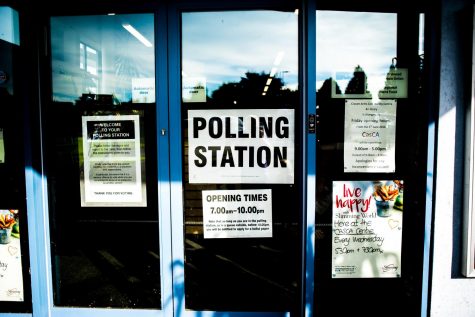How to break into activism as a young person: Part one

The March for Our Lives has undeniably beckoned a new era in teenage activism. Protests are gradually becoming integrated into pop culture, and are bringing with them a number of teenagers that are ready to get involved. But breaking into the activist community can often seem difficult, if not impossible. So, here’s a step by step guide that I wish I had read before entering into the world of activism.
- Hone Your Cause – There is injustice almost everywhere, and an infinite number of causes that need support. Consider what’s affected you the most, whether it was the story of a young woman that escaped sex trafficking or your own experience with discrimination. Also, notice that almost all movements today are multifaceted. Even within the popular topic of gun control, there are a number of sub-movements within it. These include ones pertaining to racism, police brutality, domestic violence, suicide, LGBTQ+ discrimination, and more. Think hard about what empowers, what makes you want to use your voice, and what angers you. This is what you should be fighting for.
- Research – The worst thing you can be as an activist is uninformed. As much as we all like to believe we have experienced the world, your version of injustice will inevitably vary slightly from every person that you meet. However, the only way to build and be a part of inclusive movements is to seek out inclusivity in research. Try your best to read and understand the stories of those that are different from you, whether in thought or in lifestyle. Also, try to look at the history of movements. Often times the key to understanding how injustice was born is looking at the past and pinpointing where things went wrong.
- Reach out to local organizations – There is always work to be done, and there are always going to be people that are needed to get it done. But, believe it or not, the best place to get started is likely in your hometown. Federal and state reform campaigns are long, complex, and require sophisticated planning. However, local politicians are typically less influenced by money and more influenced by the voices of their constituents. That’s not to say fundraising won’t be helpful, but it’s much easier to start small and work your way up. Also, when working with local organizations, you’ll most likely get a bit more responsibility. This will allow you to better understand the process of reform and build connections along the way.
- Build your way up – This part is undeniably the hardest, but also the most rewarding. The follow up article, part two, contains a myriad of tips and tricks for furthering your impact in the activist community.




